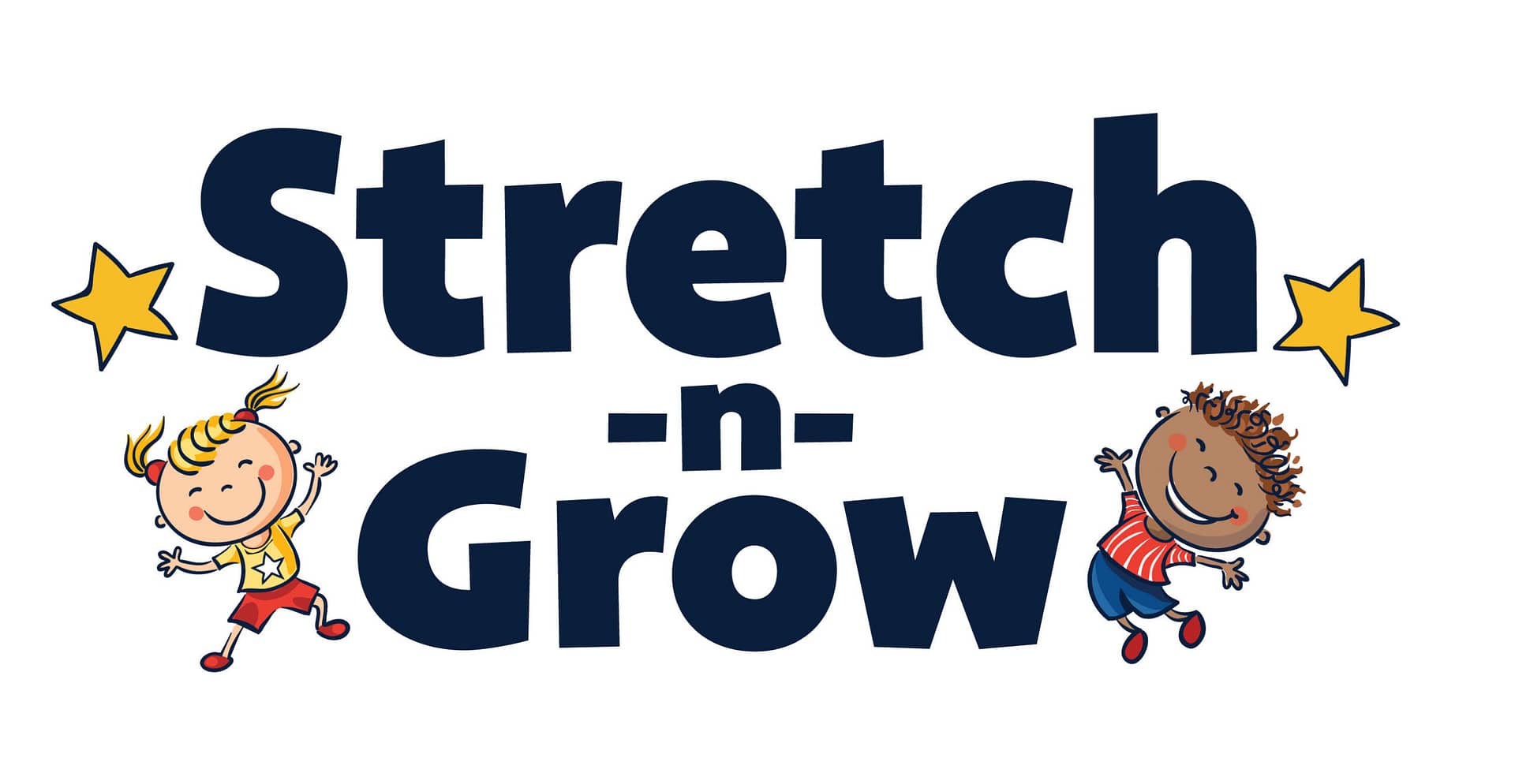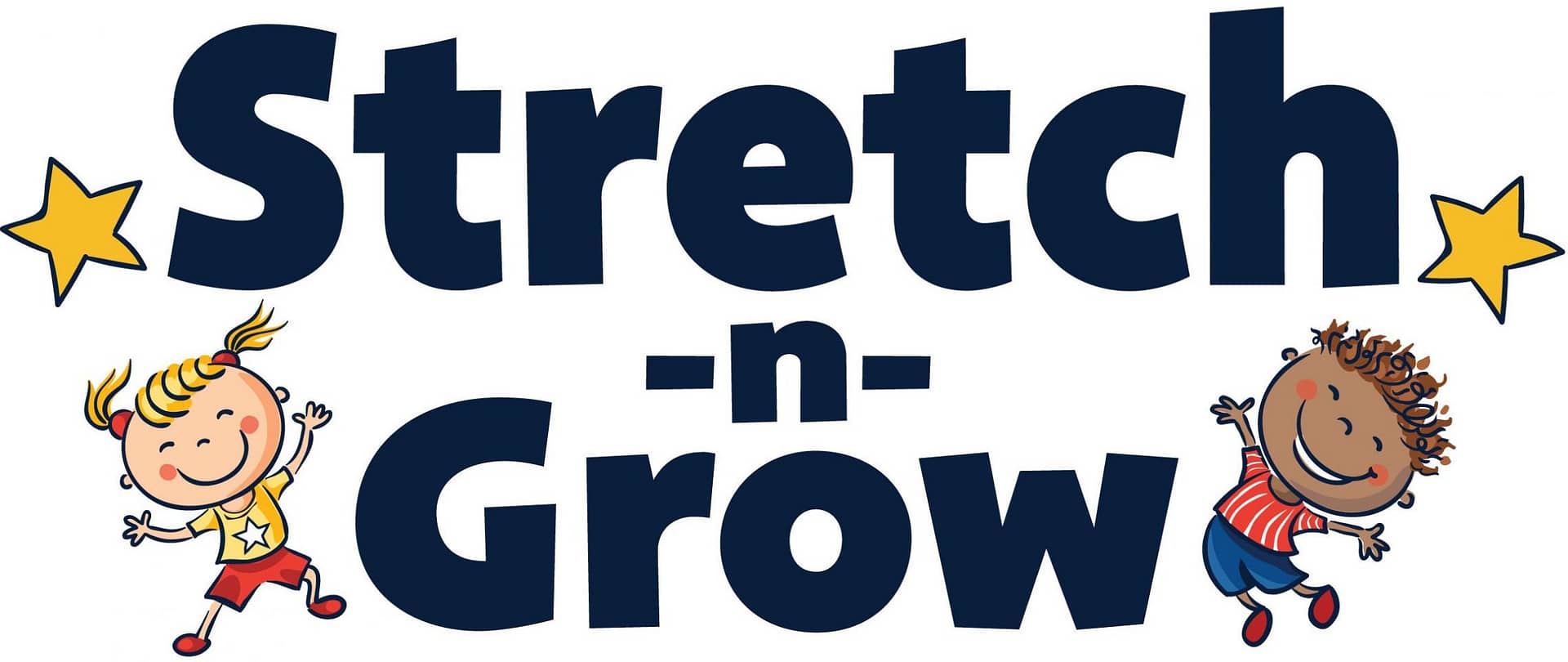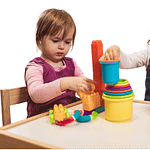Exercise helps children socially. Actually exercise actively strengthens children’s social skills, helping them build confidence, teamwork, and emotional resilience. Here’s how physical activity fosters social development:
1. Encourages Teamwork & Cooperation
- Group activities like sports, dance, and fitness games teach children how to work together toward a common goal.
- Kids learn to communicate, share, and support one another, building essential collaboration skills.
2. Boosts Confidence & Self-Esteem
- Achieving fitness milestones, whether mastering a new skill or completing a challenge, instills a sense of accomplishment.
- Children who engage in regular exercise feel more confident in social settings and are more likely to participate in group activities.
3. Improves Emotional Regulation
- Physical activity helps children manage stress and frustration, making them more emotionally balanced in social interactions.
- Exercise releases endorphins, which improve mood and reduce anxiety, helping kids feel more comfortable around peers.
4. Strengthens Leadership & Empathy
- Sports and group exercises encourage children to take initiative, support teammates, and lead by example.
- Kids develop empathy by understanding different perspectives and learning to encourage others.
5. Builds a Sense of Belonging
- Participating in fitness programs, clubs, or team sports creates a community where children feel included and valued.
- Shared experiences in physical activities strengthen friendships and social bonds.
6. Enhances Communication Skills
- Exercise-based games require children to listen, follow instructions, and express themselves clearly.
- Kids learn to negotiate, resolve conflicts, and engage in positive interactions with peers.
Would you like ideas for integrating social skill-building exercises into a Stretch-n-Grow programme?
Read More on Exercise ‘helps children socially‘
More on Exercise helping Children Socially
For more information on this topic, or if you have questions, please Contact us




